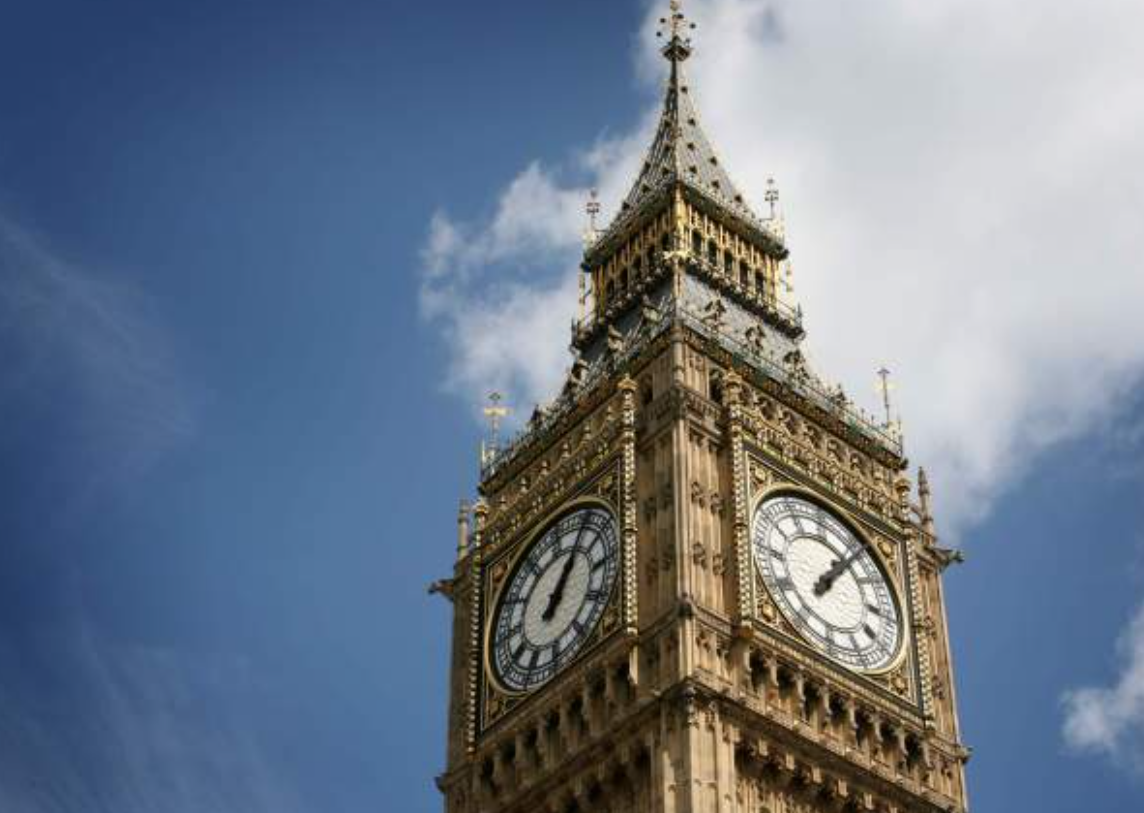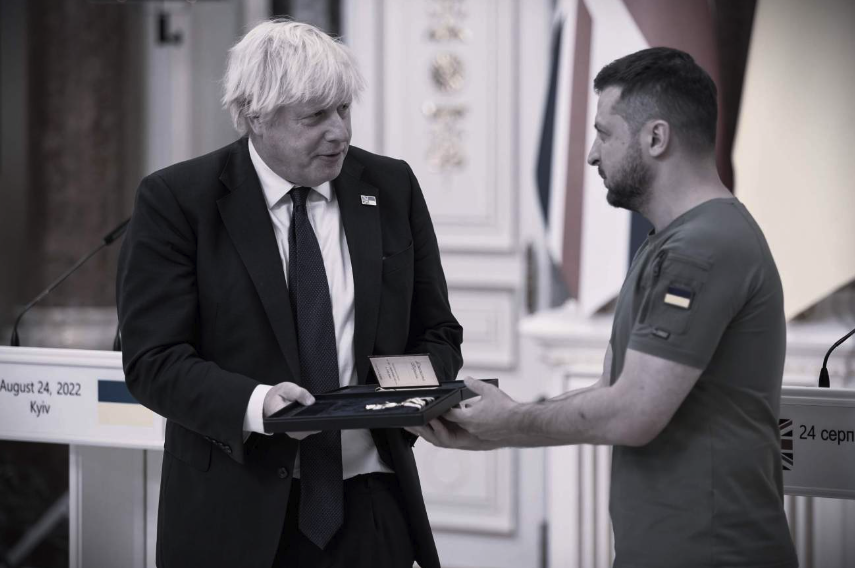
Alexandra Hall Hall
Project Lead, Neo-Populism
Alexandra Hall Hall is a former British diplomat with over 30 years’ experience, including as the British Ambassador to Georgia from 2013 to 2016, and as Brexit Counsellor at the British Embassy in Washington, before resigning from the Foreign Service in December 2019 due to a conflict of principle. Previous roles included postings to Bangkok, Washington, Bogotá, and New Delhi. In London, Alexandra also served as Head of the Middle East Peace process unit, as head of Humanitarian Affairs within the United Nations department, as head of the Human Rights and Democracy Department, and as an advisor on the European Union in the Cabinet Office. From 2004 to 2006, she was detailed on exchange to the U.S. Department of State, first as a Special Advisor to the Assistant Secretary for Democracy, Rights, and Labor; and then with the Bureau of Near Eastern Affairs working on the Middle East Partnership Initiative. She has taught human rights at George Washington University and was a Senior Fellow at the Atlantic Council from 2016 to 2018. She is currently a writer at the Byline Times. You can follow her on Twitter here.
Latest Analysis:
The treatment of Native Americans more than 100 years ago cannot provide an exact comparison to the situation of Palestinians today – but there are striking similarities, writes Alexandra Hall Hall in Byline Times
Former British diplomat Alexandra Hall Hall reflects on the complexities involved in the conflict and why there are no easy answers – if any
Israel’s concept of itself as a peaceful and democratic nation risks being irrevocably damaged by such excessive violence, writes Alexandra Hall Hall in Byline Times.
The ripple effects of this latest upsurge in violence will go far beyond Israeli and Palestinian territory, writes Alexandra Hall Hall in Byline Times.
The European Court of Human Rights is there to safeguard us against our own worst impulses – calls to leave its jurisdiction are deeply troubling, writes Alexandra Hall Hall, in Byline Times.
Which country is ahead on the mission to self-destruct, the US or the UK? Alexandra Hall Hall compares.
A big problem facing UK politics is that both main political parties see the status quo as in their narrow self-interest, writes former diplomat Alexandra Hall Hall.
The UK’s real problem never had anything to do with the EU – but was about the lack of capable and honest political leadership, according to the former diplomat who resigned from the Foreign Office over Brexit. Alexandra Hall Hall writes in Byline Times.
Under Title 42, many migrants to the US were blocked from requesting asylum at all – what lies ahead with the policy expiring? Alexandra Hall Hall explores in Byline Times.
Alexandra Hall Hall argues that both the Iraq War and Brexit were driven more by ideological conviction than rational analysis and against the advice of most experts in the Byline Times.
The UK Government may do just enough to rile up the Conservative Party’s voter base by engineering yet another pointless row with European bodies, writes Alexandra Hall Hall for the Byline Times.
Do Boris Johnson, David Frost and the ERG want Northern Ireland to be stuck in a similar spiral of distrust and possible resumption of violence as the Israelis and Palestinians? Alexandra Hall Hall explores in the Byline Times.
Writing in the Byline Times, Alexandra Hall Hall assesses the former Prime Minister’s recent trip to the US in support of Ukraine and what it says about his political motives.
With the former Prime Minister dominating the news with claims of alleged nuclear threats from Vladimir Putin, Alexandra Hall Hall puts his record on Ukraine under the spotlight in the Byline Times.
Alexandra Hall Hall assesses reports that the UK’s embassy in Israel could move from Tel Aviv to Jerusalem in the Byline Times.
The UK’s political system currently resembles an unelected autocracy rather than a truly representative democracy, writes Alexandra Hall Hall in the Byline Times.
Alexandra Hall Hall explores the worrying trajectories of the US Republicans and the UK’s Conservative Party in the Byline Times


















